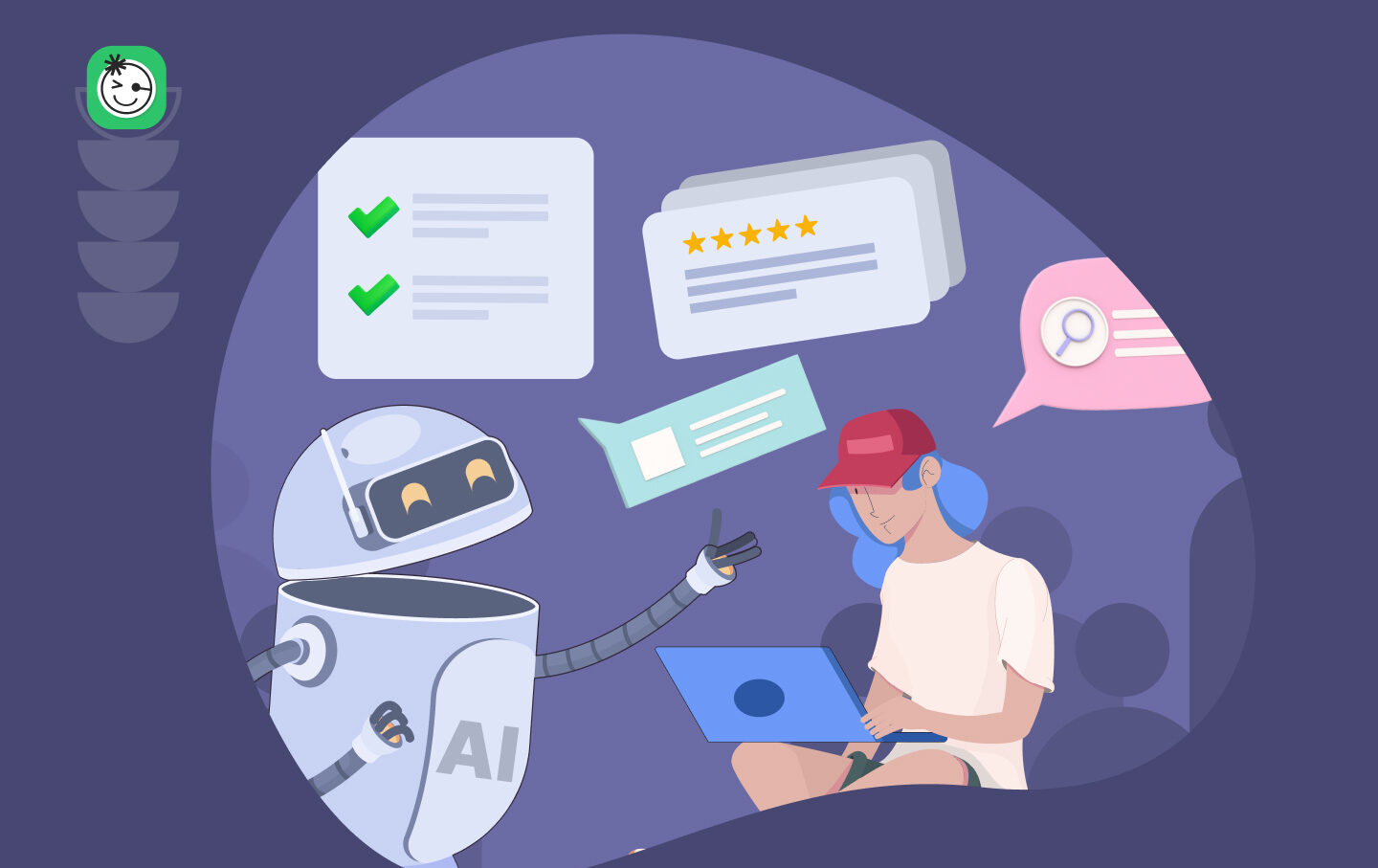
In today's shifting job market, artificial intelligence (AI) is leaving its footprint in numerous industries. One area where AI is seeing significant adoption is recruiting. AI-powered recruitment tools deliver to streamline the hiring process, enhancing productivity. However, the question remains: are AI recruiters valuable partners? Or could they potentially pose a threat to both job seekers and employers?
- Several enthusiasts of AI vs recruiter believe that these tools can reduce prejudice in the hiring process, leading to a more just and balanced workplace.
- On the other hand, critics of AI recruiting highlight anxieties regarding the possibility of prejudice embedded within the algorithms that drive these tools.
In conclusion, the role of AI in recruiting is undergoing rapid development. It remains to be seen whether AI recruiters will become an invaluable asset or lead to unintended consequences.
Artificial Intelligence Seizes Control: Recruiter Robots Are Here
The landscape/realm/field of recruitment is undergoing a dramatic/radical/sweeping transformation, driven by the exponential/rapid/astounding growth/advancement/progression of artificial intelligence (AI). Recruiters/HR professionals/Talent acquisition specialists are increasingly embracing/leveraging/utilizing AI-powered tools/platforms/solutions to streamline and optimize/enhance/revolutionize the hiring process/cycle/procedure. From screening/filtering/assessing candidates to identifying/matching/discovering top talent, AI is changing/disrupting/redefining the way companies source/attract/recruit employees.
This shift/trend/evolution has provoked/ignited/sparked both excitement/optimism/eagerness and concern/anxiety/trepidation. Proponents of AI in recruitment argue/posit/maintain that it can increase/boost/enhance efficiency, reduce bias/prejudice/discrimination, and uncover/reveal/surface hidden talent. However, critics/skeptics/detractors warn/express concern/raise questions about the potential/risk/threat of job displacement/loss/reduction and the ethical/moral/philosophical implications of relying on machines to make decisions/judgments/assessments about human lives.
The Algorithmic Age of Talent Acquisition
As the talent acquisition landscape evolves, a crucial debate rages: will the human element remain paramount, or will algorithms dominate? Some experts argue that the future lies in a strategic partnership of both approaches. Algorithms can efficiently analyze vast quantities of data, identifying potential candidates who meet desired skills and experience. However, genuine human connection remains essential for assessing soft skills, cultural fit, and character. Ultimately, the most successful talent acquisition strategies will utilize the advantages of both human touch and algorithm-driven insights to attract top talent.
- Think about the role of AI in candidate screening.
- Underscore the importance of human interaction in the hiring process.
- Explore emerging technologies that improve talent acquisition.
Can AI truly Replace Recruiters?
The emergence of AI in the recruitment industry has sparked a heated debate: Can artificial intelligence truly take over human recruiters? While AI-powered tools can optimize tasks like candidate screening and resume parsing, there are perspectives to suggest that the emotional intelligence of a recruiter remains irreplaceable. AI may excel at identifying suitable candidates based on requirements, but it struggles to assess soft skills, cultural fit, and the nuances of human interaction that are crucial for successful recruitment.
- AI may lack the empathy to connect with candidates on a personal level.
- Recruiters can develop connections that go beyond data and algorithms.
- Furthermore, AI is still developing and may not be able to address all the complexities of the recruitment process.
Ultimately, the future of recruitment likely lies in a collaborative approach that leverages the strengths of both AI and human recruiters.
Transforming Talent Acquisition: How AI is Changing Hiring Practices
The hiring landscape is undergoing a seismic shift at an unprecedented rate, with artificial intelligence (AI) emerging as a powerful catalyst. Traditionally, the resume reigned supreme as the primary tool for job seekers to display their skills and experience. However, AI-powered platforms are redefining this age-old process, ushering in a new era of talent acquisition that prioritizes data-driven insights.
AI algorithms can meticulously analyze vast arrays of resumes, highlighting the most suitable candidates based on a range of factors. This also reduces the time and effort required by recruiters, but also eliminates potential discrimination that may be present in human-driven review processes.
The Great Recruitment Revolution: AI and the New Workforce
The future of recruitment is undergoing a profound shift, driven by the rise of artificial intelligence (AI). This innovative technology is disrupting traditional hiring practices, creating a check here new workforce landscape.
AI-powered tools are optimizing various aspects of the recruitment process, from identifying suitable candidates to personalizing the candidate experience.
- AI-powered virtual assistants are providing immediate responses to candidate queries, improving engagement and visibility.
- Data-driven algorithms are interpreting vast amounts of data to match candidates with the most appropriate job openings.
- Automated tools are assessing candidate skills and proficiencies through interactive assessments, providing a more accurate view of their fit.
Despite these advancements, it's important to recognize that AI is a tool that should complement the traditional touch in recruitment.
Ethical considerations, such as bias mitigation, must be embedded into AI-powered platforms to ensure a equitable and clear hiring cycle.
Comments on “Can We Trust AI Recruiters?”